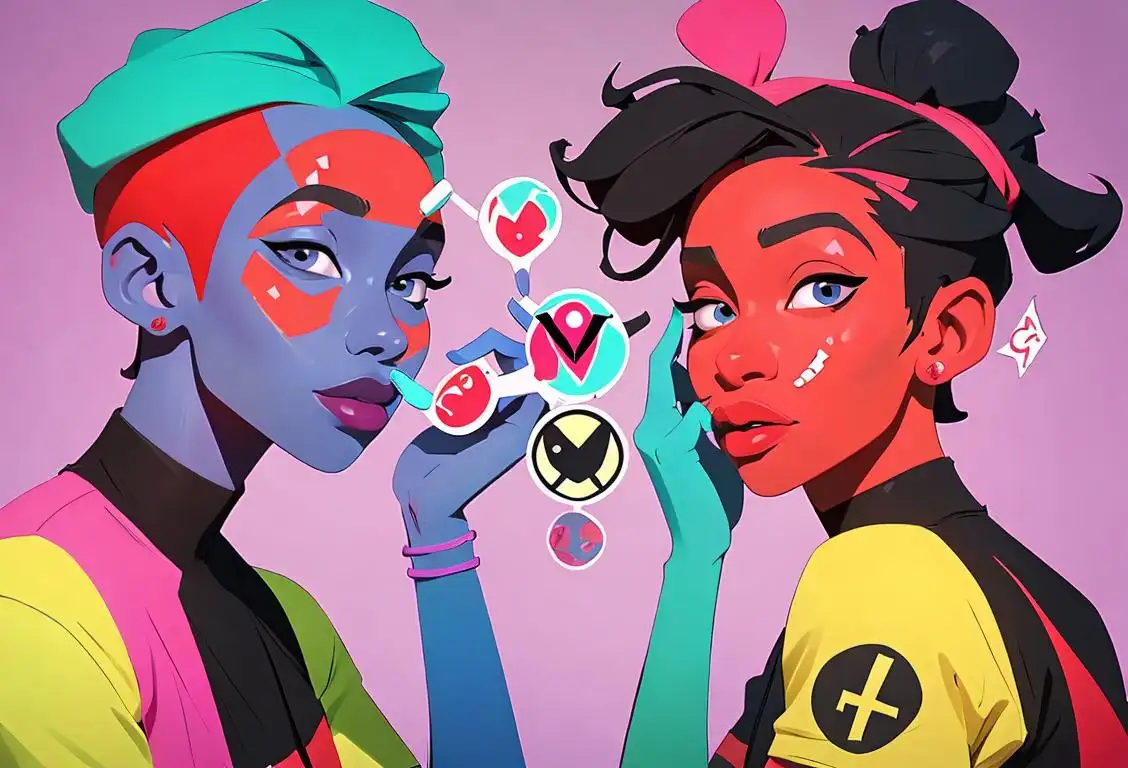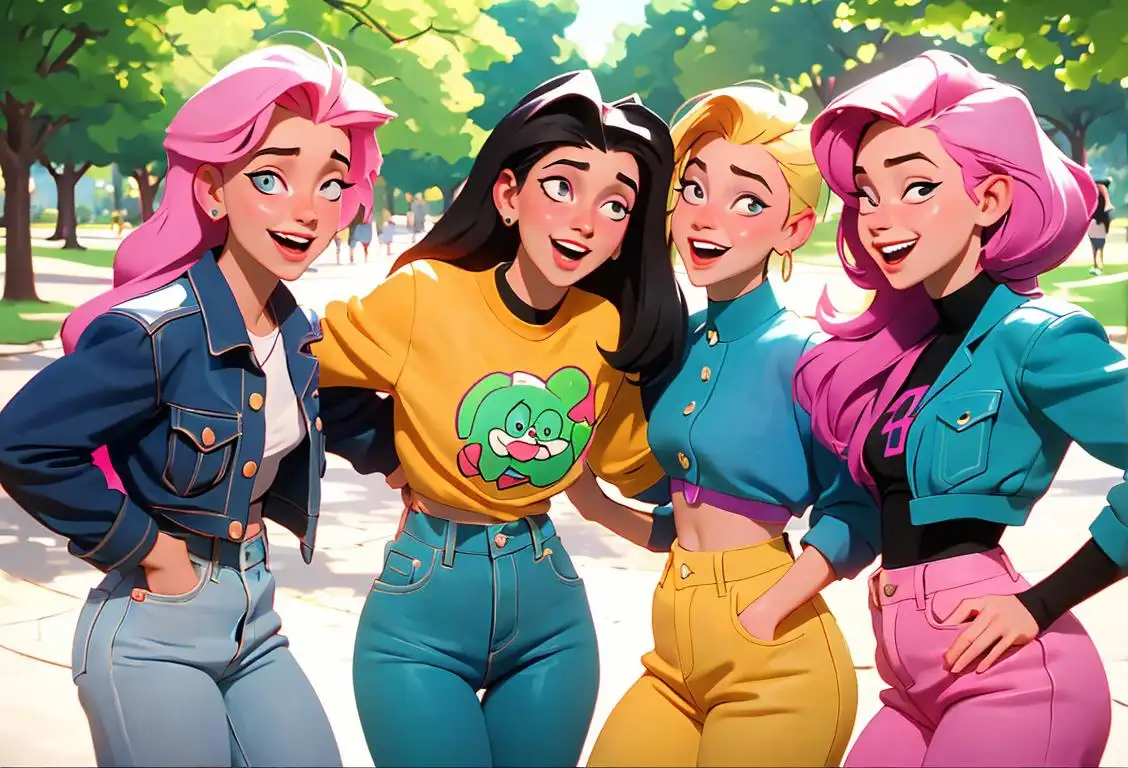National Virgins Day

Welcome to the fascinating world of National Virgins Day! This special day sparks curiosity, raises eyebrows, and leaves many people wondering, 'What's the story behind this national day?' Well, hold onto your innocence and get ready for a delightful journey through the history and fun facts of National Virgins Day.
When is Virgins Day?
It's national virgins day on the 9th June.
The Origins of National Virgins Day
While it may sound like a cheeky online invention, National Virgins Day actually has its roots in the online world. On June 9, 2015, people on social media started using the hashtag #NationalVirginsDay to celebrate and honor love, friendship, and innocence. It quickly caught on, with users sharing humorous and heartwarming posts about being a virgin in today's society.
Since then, National Virgins Day has become an annual event, encouraging young people to embrace their virginity and reminding everyone that there's nothing wrong with waiting for the right person or moment.
How to Celebrate National Virgins Day
Celebrating National Virgins Day is all about appreciating and supporting those who have chosen to wait. Whether you're a virgin or not, this day is an opportunity to promote healthy relationships, consent, and personal choices. Here are some fun ways you can celebrate:
- Organize a meet-up or social event for virgins in your community.
- Host a movie night with films that celebrate love and friendship.
- Write a blog post or create social media content to promote positive messages about virginity.
- Volunteer at organizations that support sexual health education.
- Have open and honest conversations with loved ones about the importance of consent and making healthy choices.
Fun Fact about National Virgins Day
Did you know that the word 'virgin' comes from the Latin word 'virgo,' which means 'maiden'? So, in a way, celebrating National Virgins Day is like honoring a tradition that goes back centuries! Now, that's some historical significance behind this lighthearted national day.
History behind the term 'Virgins'
Ancient Times
Ancient Origins
In ancient times, the term 'virgin' referred to a woman who was unmarried and sexually inexperienced. The concept of virginity held considerable importance in many ancient civilizations, where it was associated with purity, youth, and fertility. In some cultures, the virginity of a woman was considered a valuable asset, and it often played a significant role in religious, social, and familial contexts.
Middle Ages (5th - 15th century)
Religious Connotations
During the Middle Ages, the term 'virgin' gained additional religious connotations, particularly in Christian theology. The Virgin Mary, believed to have conceived Jesus Christ through immaculate conception, became a symbol of purity, chastity, and divine grace. The veneration of the Virgin Mary as a paragon of virtue resulted in the term 'virgin' becoming associated with religious devotion and moral righteousness.
16th - 18th century
Virginity as a Social Ideal
In the 16th to 18th centuries, notions of female chastity and virginity became deeply embedded in social norms and expectations. A woman's virginity was seen as a valuable trait, often linked to her worthiness for marriage. The preservation of virginity until marriage was considered a moral duty, and the loss of virginity outside wedlock was severely stigmatized. This societal emphasis on female virginity contributed to the establishment of patriarchal power structures and reinforced gender inequalities.
19th century
Emergence of Women's Rights Movements
The 19th century saw the rise of women's rights movements and a gradual challenge to traditional perceptions of female purity and virginity. Advocates for women's rights argued that the societal obsession with virginity reduced women to objects and perpetuated harmful double standards. These movements played a crucial role in paving the way for more progressive attitudes toward female sexuality and challenged the notion that a woman's value should be determined solely by her sexual experience or lack thereof.
Modern Era
Expanded Definition and Reassessment
In the modern era, the concept of virginity has undergone significant transformations. It is now widely recognized that virginity is a social construct with fluid definitions that vary across cultures and individuals. The emphasis on heterosexual vaginal intercourse as the sole determinant of virginity has been challenged, and the focus has shifted towards broader understandings of sexual experience and consent. Many people now view the concept of virginity as outdated and reject its importance in defining a person's worth or identity.
Did you know?
Fun Fact: Did you know that the word 'virgin' comes from the Latin word 'virgo,' which means 'maiden'?Tagged
awareness friendship love relationships healthFirst identified
9th June 2015Most mentioned on
9th June 2015Total mentions
29Other days
Donor Day
Workplace Well Being Day
Have Sex Day
Hiv Testing Day
Make A Friend Day
Kiss Your Homies Day
Fake Ass Friends Day
Kiss Your Mate Day
Bestfriend Day
Boyfriend Day









